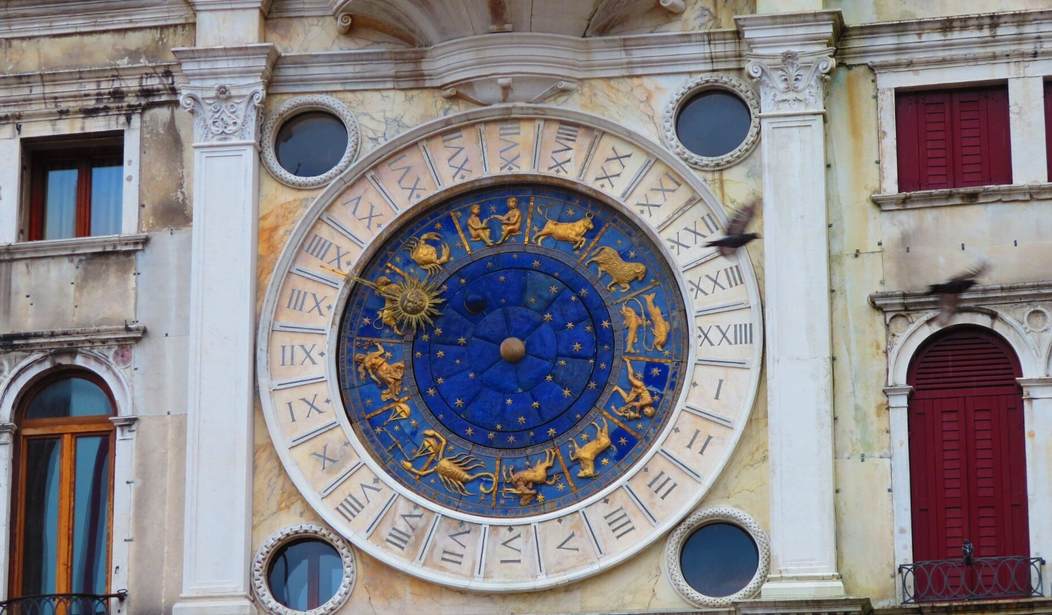The media has talked quite a bit about the decline of Christianity in America, and not without cause. Between 2007 and 2014, the number of Americans who identified as Christian dropped from 78.4 percent to 70.6 percent. The drop is mainly because mainline Protestant denominations are shedding members at an unsustainable rate, but conservative denominations may be facing new “competitors” for the hearts and souls of millennials. Only 56 percent of millennials identify as Christians (as opposed to 70 percent of Gen X-ers and 78 percent of Baby Boomers). Many of the millennials who are rejecting Christianity are turning to the occult — specifically witchcraft and astrology.
According to an article by Kari Paul at MarketWatch highlighting the growing phenomenon, “more than half of young adults in the U.S. believe astrology is a science, compared to less than 8% of the Chinese public.” The article went on to explain, “The psychic services industry — which includes astrology, aura reading, mediumship, tarot-card reading and palmistry, among other metaphysical services — grew 2% between 2011 and 2016. It is now worth $2 billion annually, according to industry analysis firm IBIS World.”
Paul interviewed the owner of Catland Books, which is “Brooklyn’s premier occult bookshop & spiritual community space.” The owner of the bookshop, Melissa Jayne, said “she has seen a major uptick in interest in the occult in the past five years, especially among New Yorkers in their 20s. The store offers workshops like ‘Witchcraft 101,’ ‘Astrology 101,’ and a ‘Spirit Seance.'”
Jayne told Paul that “whether it be spell-casting, tarot, astrology, meditation and trance, or herbalism, these traditions offer tangible ways for people to enact change in their lives. For a generation that grew up in a world of big industry, environmental destruction, large and oppressive governments, and toxic social structures, all of which seem too big to change, this can be incredibly attractive.”
“With this overwhelming demand comes a rise of products claiming metaphysical benefits, not all of which take the cultural context of the occult into account, notes Layne.”
Advances in technology have provided the occult with new ways to find and provide services to those seeking new outlets for spirituality.
A new astrology app named Co-Star that crashed three times in the week after its launch due to high demand says that “access to astrology this accurate has historically been restricted to those with access to personal astrologers—now these predictions can be anyone’s.”
Tapping into the yearning for spirituality, the app claims that “our powerful natural-language engine uses NASA data, coupled with the methods of professional astrologers, to algorithmically generate insights about your personality and your future. Astrology puts our temporary bodies in context with our universe’s vastness, allowing irrationality to invade our techno-rationalist ways of living.”
Explaining the rise in interest in astrology among millennials, Banu Guler, co-founder of Co-Star, told MarketWatch, “[Astrology] is very different from the way we usually work and live and date, where everything is hyper-mediated and rational. There is a belief vacuum: we go from work to a bar to dinner and a date, with no semblance of meaning. Astrology is a way out of it, a way of putting yourself in the context of thousands of years of history and the universe.”
Pure materialism (atheism and scientism) can never satisfy humans who are made in the Image of God. At our most innate level, we long for transcendence. Sadly, due to their rebellious refusal to submit to God, many young people are turning to the occult to fill the void left by materialism.









Join the conversation as a VIP Member